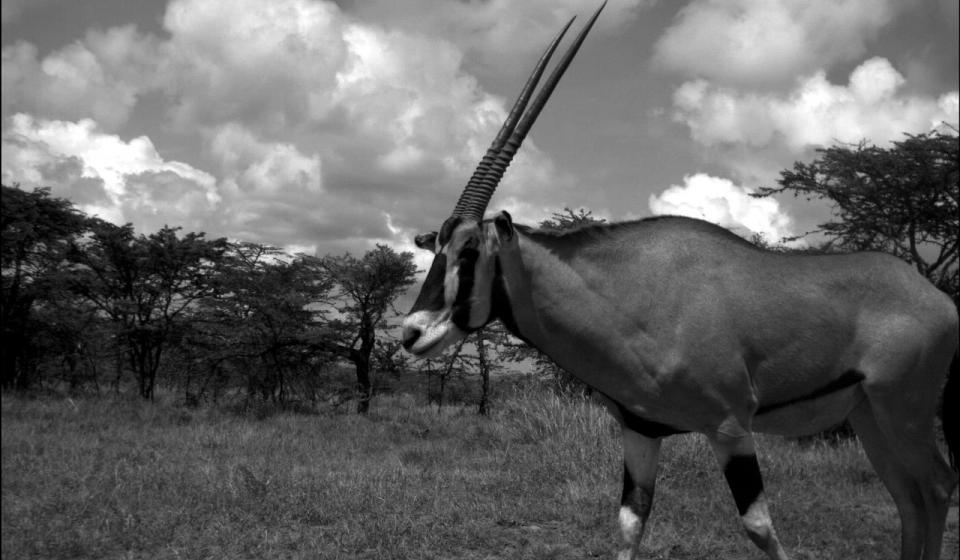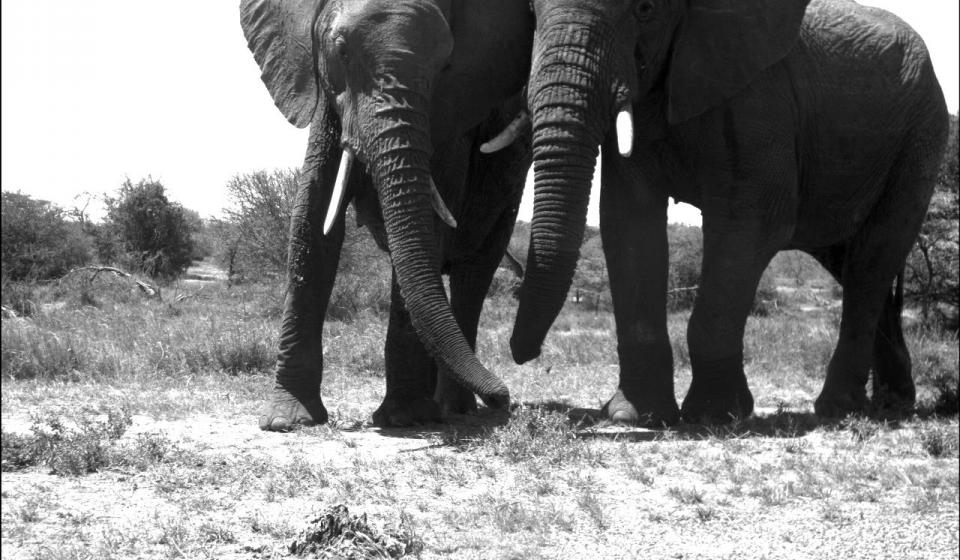Mammals Moving Forward
The Mammalogy Group studies a diverse array of questions about the ecology, evolution, and conservation of mammals in North Carolina, and around the world. Our expertise is broad and ranges from the study of the smallest rodents and bats to some of the largest bears and tapirs. Some of our traditional collections-based research include Mike Cove's long-term work on endangered rodents and their exotic black rat competitors in the Florida Keys, Lisa Gatens' research on North Carolina bat distributions, and Roland Kays' studies of coyotes and olinguitos. Our museum collections are vital to track patterns of mammal biodiversity over time and space inorder to help make data-driven conservation and wildlife management decisions both locally and internationally. In addition to the physical museum collection, we also have an extensive research program using camera traps and animal tracking to investigate mammal ecology and their responses to global environmental change. One of our latest efforts, in collaboration with our partners at the Smithsonian Conservation Biology Institute, is Snapshot USA - the first nationwide camera trap survey to create the largest public wildlife database from all 50 states. We engage in other exciting camera trap surveys including North Carolina’s Candid Critters, citizen science surveys, the most comprehensive urban camera trapping survey of Washington DC, and a nationwide study of mammals and mast (fruits and seeds). Finally, we study animal movement using GPS tracking technology as part of the Movebank project. We actively share our research as part of our public outreach and education and are always happy to chat about mammals and conservation and provide opportunities for students and the general public to get involved.




